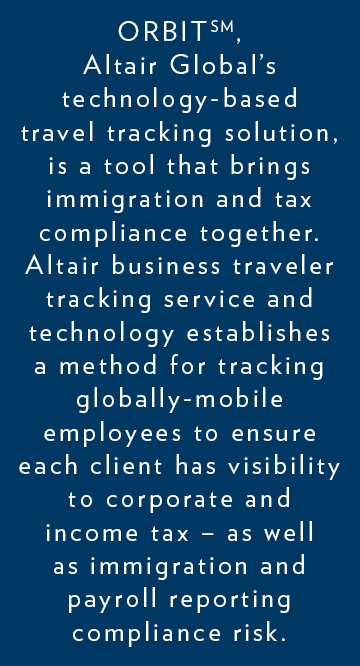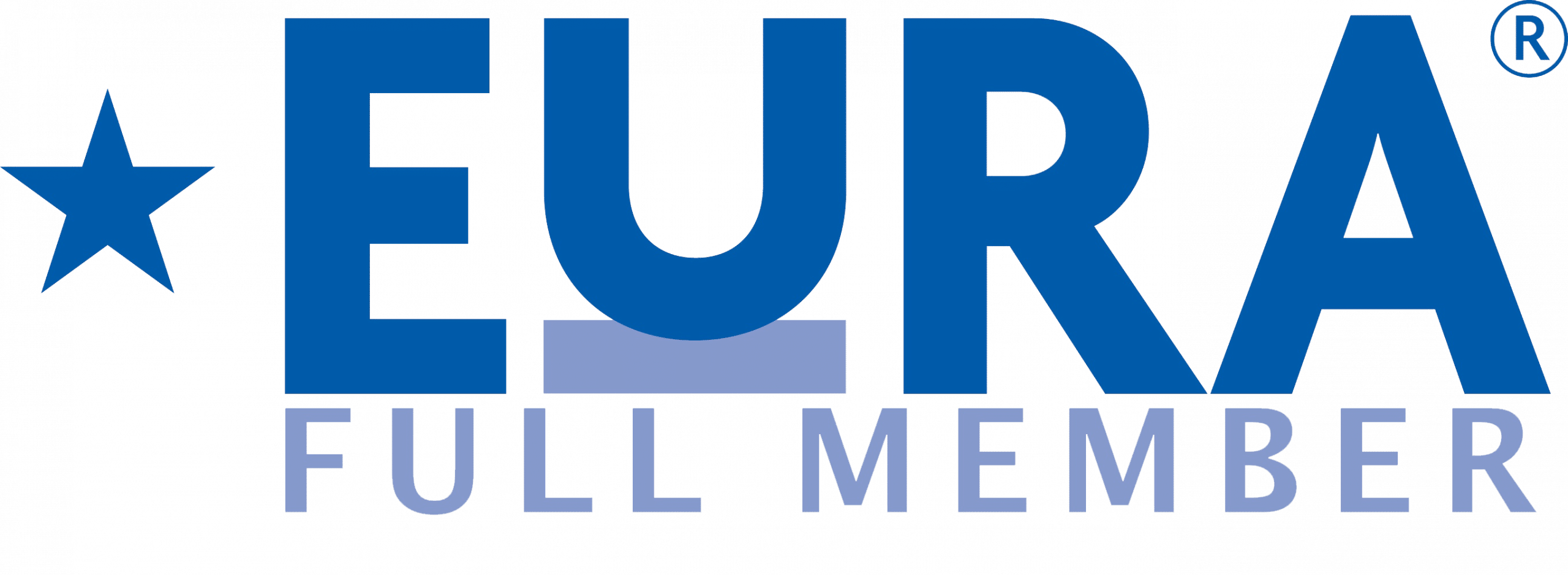
European Posted Workers Directive
Home » European Posted Workers Directive
The challenges involved with compliance for the European Posted Workers Directive (PWD) are seemingly inescapable, especially for those of us in the global mobility industry. Employers must constantly navigate the ever-changing compliance landscape and the new revisions to the PWD, scheduled to go into effect on July 30, 2020, are no exception.
In order to fully comprehend the impacts of the new regulations, it is important to first understand the background of the PWD.
What is a Posted Worker?
A posted worker is an employee who is sent by their employer to carry out a service in another EU member state (including EU, EEA member state or Switzerland) on a temporary basis, in the context of a contract of services, an intra-group posting or a hiring out through a temporary agency. 1
For ease of understanding, the directive only focuses on employees who are on temporary assignment, not on local contracts. The nationality of the employee is not relevant in determining whether the directive applies. For example, an employee who is a German national who was working in Spain but is then assigned to a temporary position in Germany is subject to the regulations outlined in the PWD.
Posted workers may be sent in the framework of subcontracting, intra-company moves or temporary work. However, due to the varied approach to implementing these rules, registration requirements can potentially be triggered for any work-related presence, including business trips in some member states.
History of the PWD
The initial Posting of Workers Directive was adopted in 1996 and fully implemented by the EEA and Switzerland. The law defines a set of mandatory rules regarding the terms and conditions of employment to be applied to posted workers to guarantee these rights and working conditions are protected throughout the EU.
The rules establish that even though workers posted to another member state are still employed by the sending company and subject to the law of that member state, they are entitled to a set of core rights in force in the host member state. The overarching intent of the PWD was to compensate and balance out the different minimum wage structures between EU member states. This set of rights consists of:
- Minimum rates of pay
- Maximum work periods and minimum rest periods
- Minimum paid annual leave
- Conditions of hiring out workers through temporary work agencies
- Health, safety and hygiene at work
- Equal treatment between men and women
The EU law thus provides a clear framework to guarantee fair competition and respect for the posted workers’ rights so that both businesses and workers can take full advantage of the internal market opportunities.
In 2014, an enforcement directive was adopted and nearly fully implemented by the EEA, although not yet adopted by Switzerland. The enforcement directive was intended to strengthen the practical application of the PWD by addressing issues related to fraud, circumvention of rules, inspections and monitoring, among others.

On June 18, 2018, a proposal by the European Commission to revise the rules on posting of workers was adopted. The main changes introduced by the revised directive include:
- Application to posted workers of all the mandatory elements of remuneration (instead of the minimum rates of pay)
- Application to posted workers of the rules of the host member state on workers’ accommodation and allowances or reimbursement of expenses during the posting assignment
- For long-term postings (greater than 12 months), application of an extended set of terms and conditions of employment of the host member state
The revised directive was required to be put into national law by all member states by July 30, 2020, and was not to be applied prior to that date.
Components of Remuneration
When looking at the components of remuneration to be considered, the following must be included:
- Overtime pay
- Special allowances/supplemental payments (13th month salary, meal vouchers, dangerous or hard work allowance and nighttime allowance)
- Performance premiums
- Overall remuneration paid to a posted worker must not be lower than that of an employee on local contract
As it relates to employees on expatriate assignments, it is important to note that reimbursements or payments for travel, board and lodging (including traditional expatriate housing allowances) cannot be included in the calculation of total remuneration. In other words, expenditures do not equal remuneration. Additionally, if a company provides a posting allowance or an assignment allowance, it will be critical to clearly define what expenses the allowance is earmarked for. Otherwise, the entire allowance could be considered a reimbursement for expenditures and would not be included when determining total remuneration.
Additionally, the directive does not dictate or intend that an employee on assignment in a member state must receive the exact same elements of remuneration as a local employee. Rather, it requires taking into consideration all of the elements making up a local employee’s total remuneration, placing an overall value on all of the elements, and then ensuring that overall value is met by the remuneration elements the posted worker receives. A national employment lawyer is recommended to assist in determining what benefits and other elements are considered part of the total remuneration package.

Important Note
As the directive has not yet gone into effect, there are still some unknowns regarding its application. There are 14 different countries adopting the PWD, which could result in 14 different interpretations. Concrete terms and conditions of employment applicable to posted workers, as well as employers’ obligations in the receiving member state, can be found on member states’ special websites at https://europa.eu/youreurope/citizens/work/work-abroad/posted-workers/index_en.htm#national-websites.
A crucial factor will be where the employment relationship lies. This will also drive the party or entity ultimately responsible for adherence to the directive. In theory, the responsible entity is the one posting the position; however, in practice, the notifications would have to be made by the host country.
Anytime an employee is going to work temporarily in another country, the directive will apply regardless of the length of time the employee is assigned in the other country (up to 12 months). There are exemptions in the directive for certain employment categories and exemptions based on the type of work the employee is engaged in while in the assignment location.
After 12 months (with a possible six- to 18-month extension), the host country’s mandatory terms and conditions of employment would apply.
All EU law across all policy areas will still be applicable to and in the United Kingdom during the transition period. It is currently foreseen that the transition period ends on December 21, 2020.
Steps Toward Compliance
Newland Chase, a leading global provider of immigration and visa services, recommends the following steps toward compliance with the
PWD:

- Ensure there is visibility on a company’s posted worker population. There are numerous software and technology tools to ensure accurate tracking and visibility.
- Identify stakeholders and responsible persons within your organization.
- Ensure an appropriate budget is allocated to support the additional requirements around tracking of posted workers, notifications, etc.
- Confirm applicable working conditions in impacted host locations.
- Gather required corporate details for posted worker notifications.
- Inform and train all stakeholders.
Altair strongly recommends organizations reach out to their tax and immigration partners, or a global employment law firm, for additional information and questions related to the Posted Worker Directive and to ensure local compliance/monitoring is in place within each country.
If you have questions regarding this Altair Global Advisor, please contact Client Services or your Business Development representative.
1 Source: European Commission – https://ec.europa.eu/social/main.jsp?catId=471






